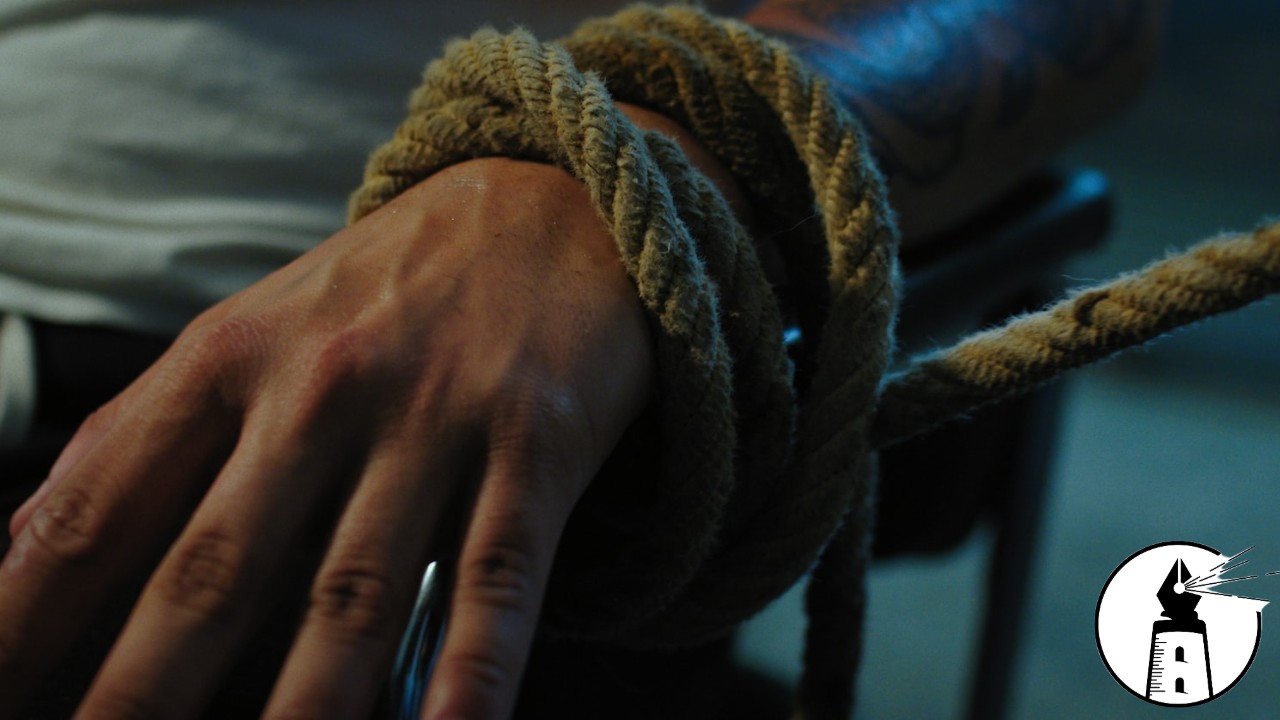By Greg Collier
The world has lost more than a pope. It has lost a man who tried, however imperfectly, to steer a 2,000-year-old institution toward something more human. Pope Francis, who died at 88, leaves behind a Church still struggling to reconcile its roots with the modern world, but one that, under his leadership, was forced to look in the mirror.
From the moment he stepped onto the balcony in 2013 with a simple “Buonasera,” Pope Francis signaled he wasn’t here for pageantry. He refused the ornate papal apartment in favor of a modest room in the Vatican guesthouse. He wore old orthotic shoes instead of the traditional red loafers. He ditched the bulletproof limo for a beat-up Fiat. These weren’t gimmicks. They were gospel. And they were his quiet rebuke of a clergy that too often confuses wealth with authority.
His humility wasn’t just symbolic. He cracked down, sometimes with fire, on clergy who flaunted their riches. There was the so-called “Bishop of Bling” in Germany, who was suspended after reports surfaced about his multi-million-dollar residence, complete with a $20,000 bathtub. Francis made it clear, you cannot serve both God and a gold-plated Jacuzzi. Under his watch, opulence became a liability, not a badge of honor.
Francis was also a reformer. Not in the bomb-throwing, doctrinal-overhaul kind of way some progressives may have wanted, but in a more methodical, pastoral sense. He didn’t change Church doctrine on controversial issues like abortion or same-sex marriage, but he reoriented the conversation toward mercy, dignity, and inclusion. He opened doors, even if he didn’t always walk through them.
Pope Francis restructured the Vatican bureaucracy, tried to clean up its notoriously opaque finances, and even brought a powerful cardinal to trial for embezzlement. His papacy wasn’t free from scandal, especially in the realm of clergy sex abuse, but he made moves his predecessors wouldn’t dare, like lifting the veil of “pontifical secrecy” and defrocking a once-untouchable American cardinal.
Francis was a man of contradictions. He was a traditionalist who made room for change, a pope who expanded the Church’s arms while insisting on its roots, a reformer who often chose silence over confrontation. However, his life was a living critique of clerical excess, a challenge to both the palace and the pews to live with less and love with more.
His name, Francis, was a promise. To stand with the poor, to strip away privilege, to care for the earth and the broken. And until the very end, he tried to keep that promise.
The man is gone. But the questions he raised about wealth, power, mercy, and reform remain. Maybe that’s the legacy of a true pastor, not to finish the work, but to make it impossible to ignore.
Discover more from The Broad Lens
Subscribe to get the latest posts sent to your email.



